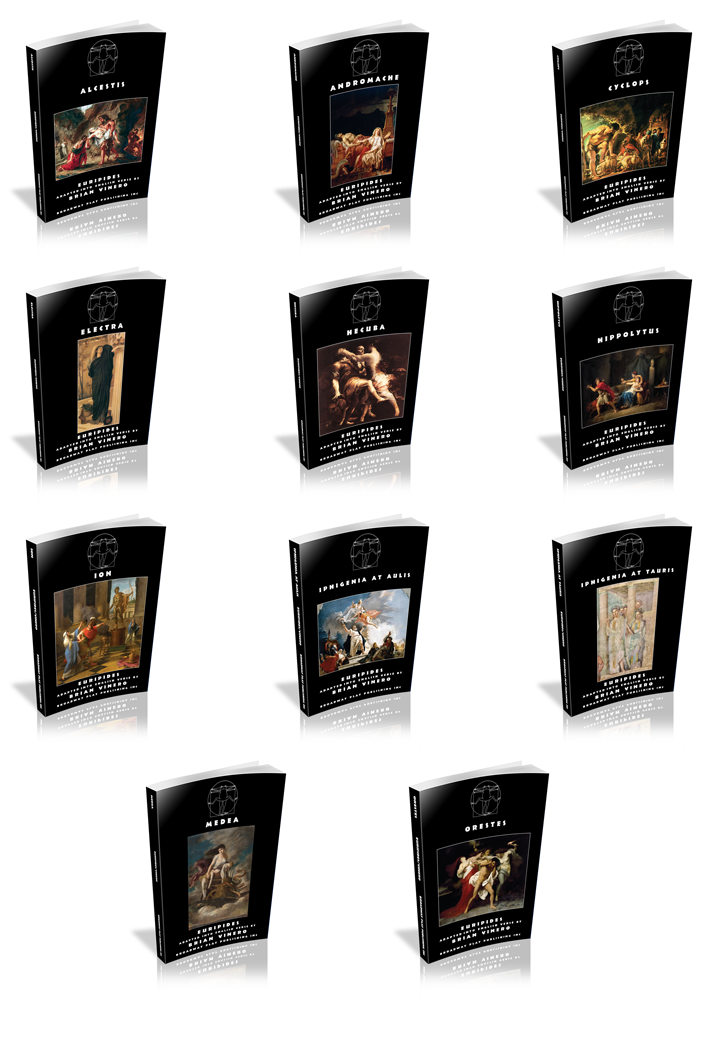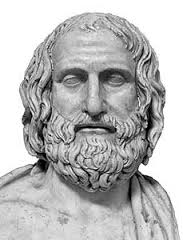Greek Master Class II
Note
This bundle consisting of 11 books is sold at 20% off the regular price for its individual titles.$140.35
Original price was: $175.45.$140.35Current price is: $140.35.
Description
Of the approximately 46 plays that have survived from ancient Greece, Euripides’ works account for 19 of them. He is reputed to have written over 80 plays. Renowned for his transformative impact on theater, Euripides reimagined mythic heroes as relatable human beings caught in extraordinary situations, an approach that has left a lasting mark on contemporary dramaturgy.


